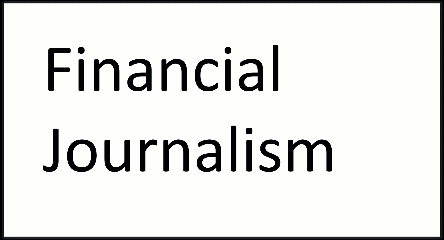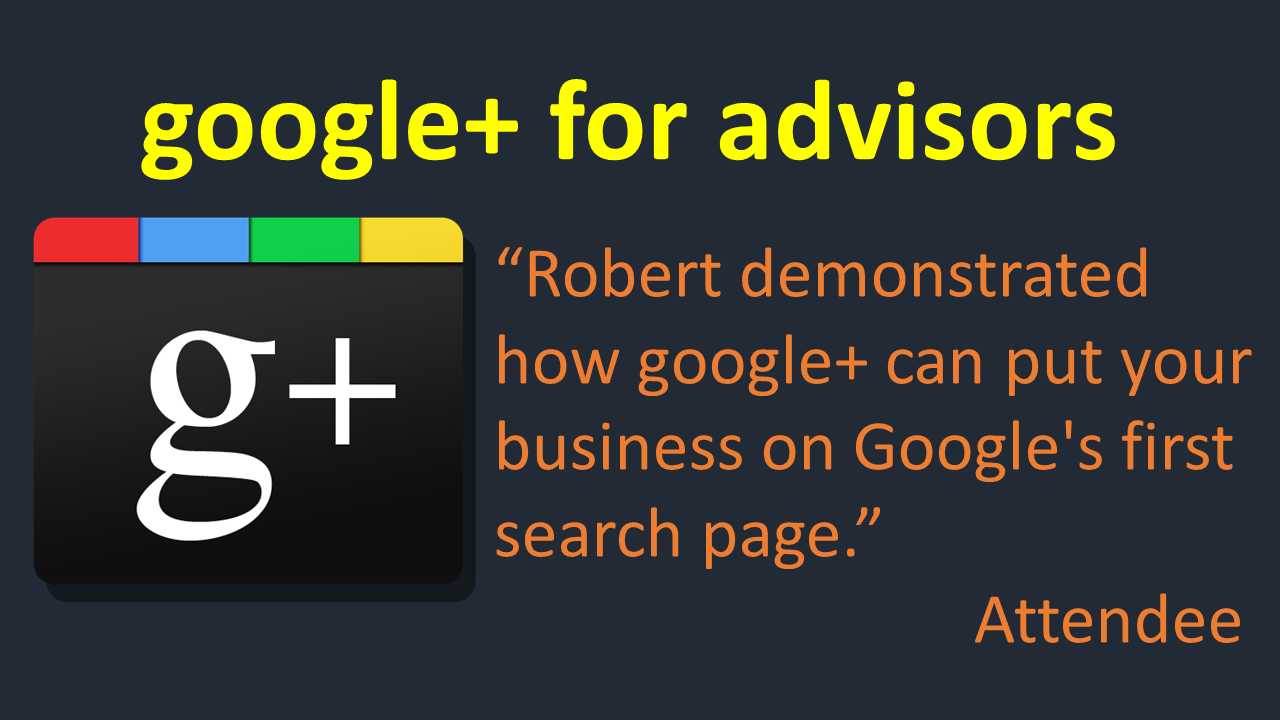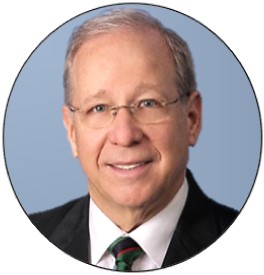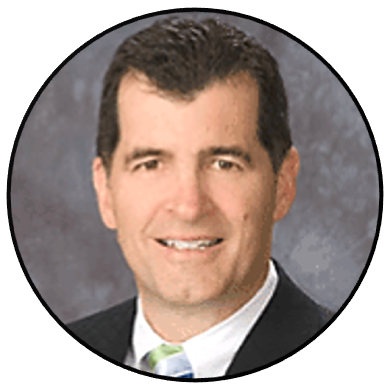The Web Has Made It Much More Difficult To Discern Copycat Content From The Real Thing Hot
Two posts near the top of the result are uncannily similar to each other but feature information about two different advisors.
A post by financial advisor Charles P. Boinske, CFA, is more in-depth and was published December 2 on ABCnews.com, while a very similar article posted on FOX News on December 3 under the byline of a reporter is published on Fox Business News.
The post is about five questions a consumer should ask an advisor before hiring him. The posts mention the same tips for consumers.
The Fox News story does not mention Boinske. In fact, it quotes an entirely different advisor.
Maybe it is a coincidence. Maybe the Fox News reporter just happened to come up with the same five questions to ask advisors and tips for consumers. I guess it’s possible. What do you think?
Rewriting an article written by someone else has been a practice in journalism for many decades and it’s okay to do as long as you give credit to the original author or add significant new information that the original article missed and that changes the article materially. It’s unethical to rip off someone else’s ideas without giving him credit. I say this because it also pertains to advisors, who are increasingly creating their own content.
Advisors who rip off other people’s content could open themselves up to professional sanctions as well as a legal judgment. You just cannot claim to have written something you did not write. You need to disclose if you are not responsible for the ideas in an article on your blog or you need to have supervised the writer who did actually write it.Putting your name on someone else's work is not a good idea for an IA rep who is required to fully disclose such matters.
A couple of weeks ago, I posted an open letter to the SEC Chair saying the RIA testimonial rule should be revised because it has become antiquated by the growing use of LinkedIn recommendations and Facebook "likes," and it is actually hurting consumers' ability to find the best advisors. A day later, a blogger at a financial advisor trade magazine said essentially the same thing I did without referencing my earlier article. It happens all the time, this kind of thing.
For advisors, the trend toward copycat content presents a moral challenge. With the explosion of content online, ripping off someone else’s good ideas is obviously much easier than writing about your own original ideas, and no one knows when a copycat ripped off your good ideas and is taking credit for them So if you blog about how anesthesiologists can write off equipment against in a clever and unusual way, for example, someone can rip off your idea and no one who reads a copycat's post will know.
For ethical advisors, it is a difficult situation. However, if you are truly focused on a niche market and continue to pound away at it with your own original ideas about how to help those target clients, I believe you will ultimately win. Ultimately, providing valuable information will differentiate you. A4A's booming membership and my history of producing content here in my home alone fopr people to discover using search and social tools has taught me that eventually good work gets recognized. But it is frustrating to see copycats borrow research and original idas in the meantime.


















